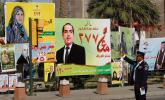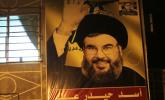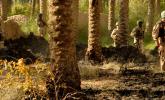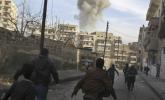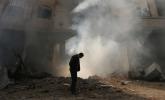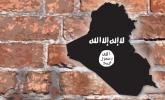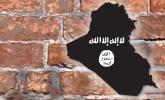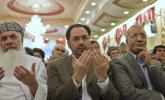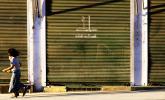The Islamic State: A Counter-Strategy for a Counter-State
July 31, 2014 - Jessica D. Lewis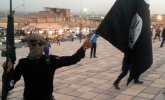
by Jessica D. Lewis
Many have asked what needs to be done about the Islamic State of Iraq and al-Sham (ISIS), the terrorist organization that recently took control of Mosul, Iraq’s second largest city. Questions range from the acceptability of airstrikes and the viability of a national unity government in Iraq to the feasibility of a counter-offensive that depends upon the remaining capacity of the Iraq Security Forces. These are important and worthy questions, and timely, because ISIS is growing stronger. But these questions preempt the rigorous analysis that is required in order to determine what the U.S. should do about ISIS and why.


